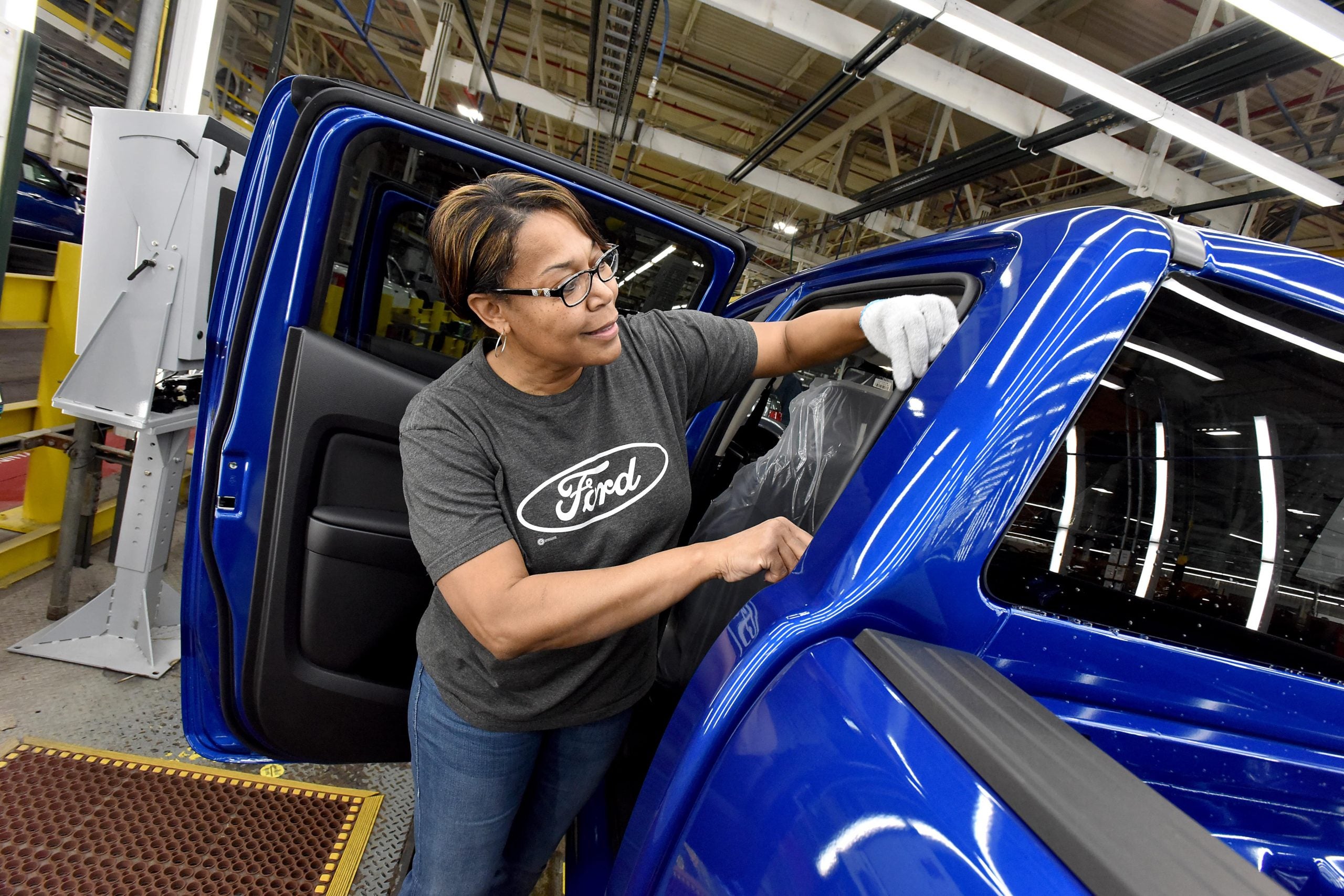
Two US congressional committees announced on Friday that they are investigating an electric vehicle (EV) battery partnership between US automotive company Ford and Chinese battery company CATL.
In a letter to Ford, congressional representatives Mike Gallagher and Jason Smith, chairs of the Select Committee on China and the Committee on Ways and Means, respectively, have questioned the deal with CATL.
Gallagher and Smith have accused battery giant CATL of being aligned with the Chinese Communist Party and being connected with companies using forced labour in the Xinjiang Uyghur Autonomous Region of China.
The two congressional representatives have also called out Ford’s reliance on Chinese competency and manufacturing, noting in their letter that while the executives of the proposed project will be US-based Ford employees, “several hundred” of the 2,500 jobs to come from the deal will be given to CATL employees from the People’s Republic of China”, who will be needed to “ maintain operations in the long term”.
First announced in February, Ford’s $3.5bn battery plant will be built in Michigan using technology from CATL, which is the world’s largest battery maker. The batteries would still qualify for the full federal EV tax credit under the Inflation Reduction Act (IRA), despite the fact that they will not use US resources. Part of the IRA was revised earlier this year in order to penalise cars with components sourced from outside the US and its trading partners. The move came amid a series of measures to reduce China’s role in the US EV supply chain.
EV competition between the US and China
“Rather than developing American technology, we are concerned that the deal could simply facilitate the partial onshoring of [China’s]-controlled battery technology, raw materials, and employees while collecting tax credits and flowing funds back to CATL through the licensing agreement,” Gallagher and Smith’s letter adds.

US Tariffs are shifting - will you react or anticipate?
Don’t let policy changes catch you off guard. Stay proactive with real-time data and expert analysis.
By GlobalDataThe lawmakers have also accused CATL of shielding its ownership and continued partnerships with “Xinjiang-based lithium producers”. According to a UN report published in August 2022, human rights abuses towards the Uyghurs – an ethnic group native to the region – such as forced labour are common in the region. The Chinese Government has disputed the UN’s conclusions. Ford is still awaiting guidance from the US Treasury as to whether its partnership with CATL fits with the updated IRA requirements.
While the letter demands that Ford answers a series of questions on the deal, the car manufacturer told reporters on Friday that it is reviewing the letter and will respond in due course. Ford has not yet responded to Power Technology’s request for comment.
Republican US Senator Marco Rubio has also urged the government to investigate the deal. Rubio sits on the Intelligence Committee that introduced the legislation, which would block tax credits for electric vehicle batteries produced using Chinese technology. Rubio says the deal will deepen US reliance on China.



